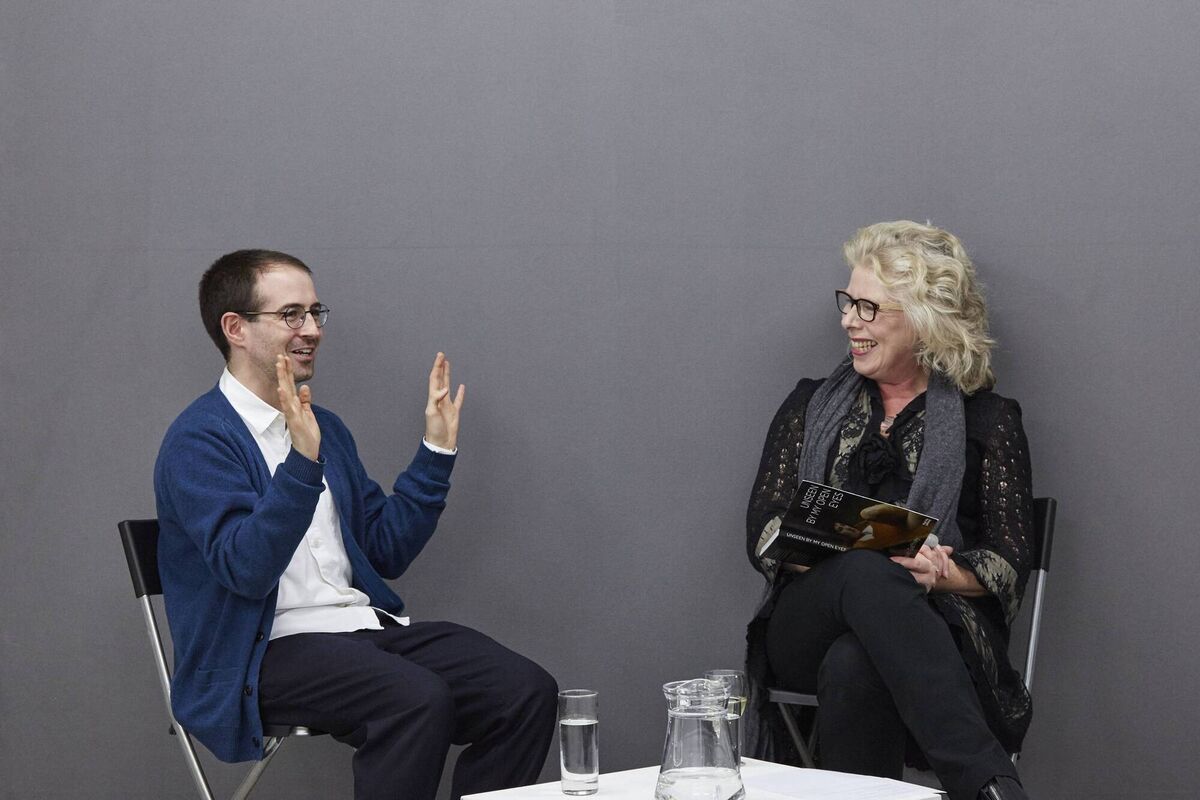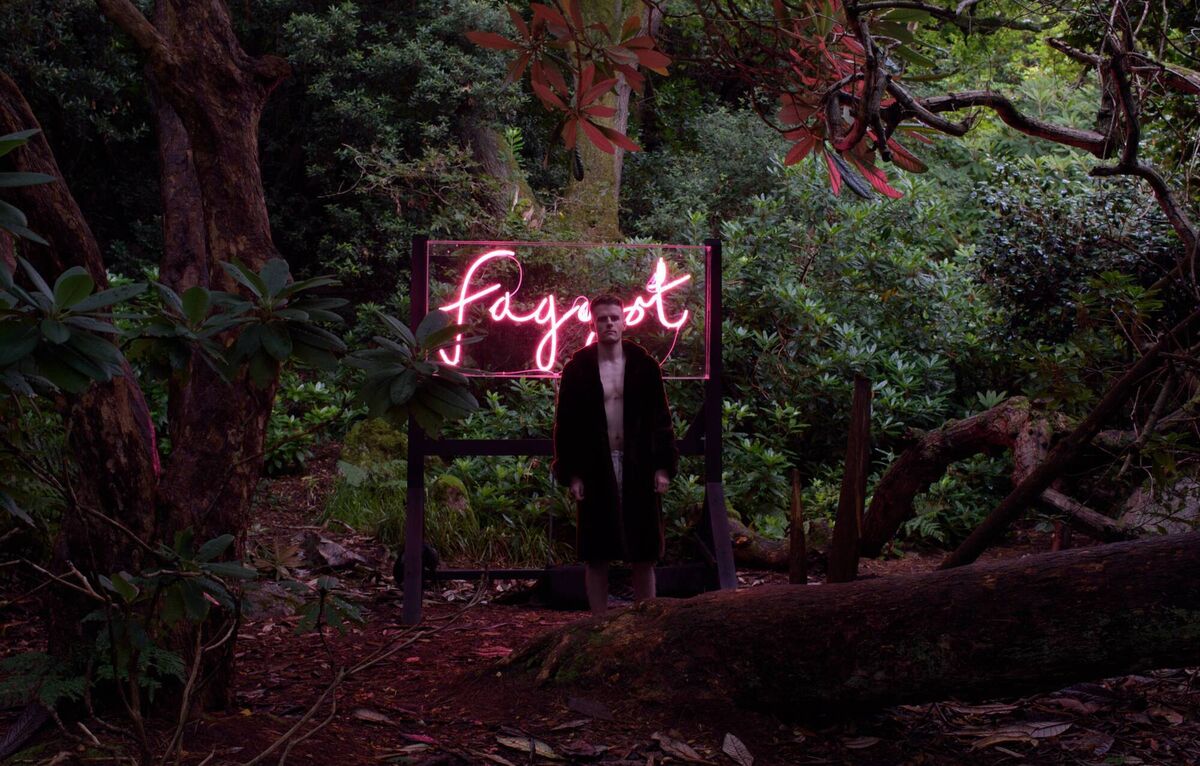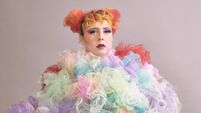Reclaiming Cork doctor James Barry as a trans icon

Dr James Barry, pioneering medic born as Margaret Ann Bulkley.
The tale of Dr James Barry, the military surgeon from Cork who became Inspector General of Military Hospitals, the second highest medical office in colonial Britain, is extraordinary in many ways.
Certainly the most remembered and discussed of these is the fact that, after his death in 1865, and against his explicit instruction to bury him without examining the body, it was discovered he had been born female.
Now, a new controversy surrounding Dr Barry has arisen: is he (or she, born Margaret Ann Bulkley, niece of the painter James Barry) a feminist icon, forced to disguise herself as a man to follow a career in medicine, or is he what we would now describe as trans?
Books and TV programmes have described Dr Barry as a female masquerading as a man, but RTÉ came under fire earlier this year for including Dr Barry in their Herstory: Ireland's Epic Women series, with trans activists accusing the national broadcaster of misgendering and "deadnaming" Dr Barry.
To artist and filmmaker Kevin Gaffney, it's clear that Dr Barry was what we would describe today as a trans person.

"I can understand why people want to claim him as a feminist icon, because that time was so hostile to women's rights and women's ability to work, but I still think that erases his transness," Gaffney says.
"The terminology didn't exist at the time, so of course James Barry wouldn't have said that he was trans. But if he was alive today, we would say he was trans. He requested that when he died, his body not be stripped. I think it's quite clear that he didn't want to be regarded as anything except a man."
Gaffney's short film on Dr Barry is included in Expulsion, his new exhibition in the Crawford Art Gallery, where paintings by Dr Barrys uncle, the artist James Barry, are part of the permanent collection. Gaffney's exhibition is part of Platform, The Crawford's annual programme in support of the development of artists' careers.
Expulsion, the longest film in the exhibition, is a 30 minute film partly filmed in The Crawford: in it, and in line with his own current PhD research at Ulster University, Dublin-born artist Gaffney imagines a fictional anti-capitalist "Queer State," where refugees can apply to become citizens. But, it emerges in the course of the film, it is as bureaucracy-laden and subject to flawed human systems as any other State.
"It's almost like a failed Utopia, a Dystopia," Gaffney says. "I was imagining how can you contain queerness in a border, when queerness is kind of oppositional and transcends categories and boundaries. That idea is incompatible with the idea of a State with borders and a process to assess citizenship."
Interspersed with these scenes is archive footage of drag queen Joan Jett Blakk's 1992 US presidential campaign, when she ran as a candidate for LGBTQ activist organisation Queer Nation.
"I came across Queer Nation when I was researching for my PhD and I had this idea of a Queer State and started wondering if someone had done it before," Gaffney says. "I just thought, 'Oh my God, how did I now know about this?' It feels very radical and anarchic; even now it would feel very bold to run a campaign in drag."

Expulsion connects the patriarchal dominance of the Holy Roman Empire, the oppression of women and queer people, and a capitalist superstructure focussed on exploiting the earth's resources.
For Gaffney and many others, there are concerns as to how movements like Pride have now been co-opted by corporations willing to use LGBTQ rights as a way of signalling their progressiveness and humanity.
"The idea of pink-washing comes up in the film: one of the characters says it's a corporate highjacking of a political movement," Gaffney says.
"When I came out when I was 15, I came out into a very hostile environment. I'm 33, so this was the '00s; our very recent history. For me, it's a very jarring experience to see corporate entities who were completely silent throughout the LGBT movement here, for whom now it has become mainstream and therefore acceptable and no longer a marketing risk. For me that's a very cynical thing.
"I think this is a conversation across the community now. I don't think you can just forget that alienation you grew up with just because now Google says it's ok."
- Expulsion by Kevin Gaffney runs in the Crawford Art Gallery, Cork, until December 6


